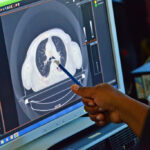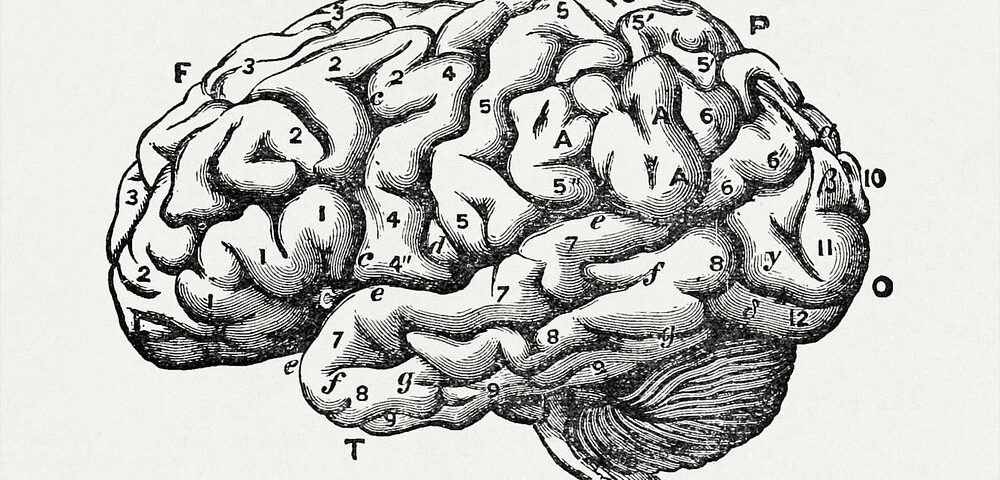
Understanding Trauma and Its Long-lasting Effects in PTSD
October 3, 2025
Myths and Facts About CT Scans and Radiation Exposure
October 5, 2025The connection between brain development and a child’s emotional and behavioral well-being is a complex and rapidly evolving area of medicine. For parents concerned about their child’s development, mood, or learning patterns, understanding this relationship is a key first step. The fields of pediatric neurology and mental health often overlap. It can address the intricate ways brain function influences a child’s experience of the world and their internal emotional state.
What Is Pediatric Neurology?
Pediatric neurology is the medical specialty focused on diagnosing and managing conditions of the brain, spinal cord, nerves, and muscles in infants, children, and adolescents. The intersection with mental health is a bidirectional relationship. Neurological function provides the foundation for mental and emotional processes. Brain networks that regulate attention, sleep, and emotional responses have a direct impact on a child’s mood, learning ability, and social development. When these neurological systems are disrupted, a child may exhibit symptoms that manifest as inattention or behavioral challenges. Mental health conditions can influence neurological symptoms, creating a cycle where one area impacts the other.
What Conditions Does It Address?
Pediatric neurologists evaluate a wide spectrum of conditions where neurological and mental health symptoms converge. The goal of an evaluation is to understand the underlying causes of a child’s symptoms. Some common areas of evaluation include:
- Epilepsy: Beyond the physical manifestations of seizures, these conditions can impact cognition, mood, and behavior.
- Developmental Differences: This broad category encompasses evaluations related to autism spectrum traits and attention deficit/hyperactivity disorder (ADHD). The brain function patterns associated with these disorders affect social communication, focus, and executive functioning.
- Movement and Tic Patterns: Conditions involving involuntary movements or vocalizations are assessed to determine their neurological origin.
- Headaches and Migraines: Chronic headaches can significantly affect a child’s quality of life and mood, necessitating a comprehensive evaluation.
The effects of a brain injury can extend beyond immediate physical symptoms to include changes in personality, emotional regulation, and cognitive abilities.
What Services Fall Under It?
To gain a full understanding of a child’s condition, a pediatric neurologist may utilize several diagnostic and management services. These services are selected to provide clarity and guide care planning. They include:
- Neurological Consultations: A thorough review of medical history and a physical examination to assess nervous system function.
- EEG and Video EEG: Tests that record the brain’s electrical activity to help identify patterns associated with seizures or other neurological events.
- Developmental Screening: The use of standardized tools to assess cognitive abilities, learning patterns, and behavioral functioning.
- Headache Clinics: Specialized programs offering management options that may include neuromodulation or botulinum toxin protocols.
Neurologists may collaborate with psychologists, psychiatrists, schools, and other therapists to create a unified support system. They can provide information and resources to help families understand the diagnosis and participate in the care plan.
Meet With a Pediatric Neurologist
Understanding that a child’s behavioral or emotional challenges may be linked to their neurological health is a meaningful insight. A pediatric neurologist can offer a specialized evaluation that seeks to identify the root causes of symptoms, examining the comprehensive picture of a child’s health. By working with specialists who understand the developing brain, families can gain a clearer understanding of their child’s needs and seek professional treatment.




